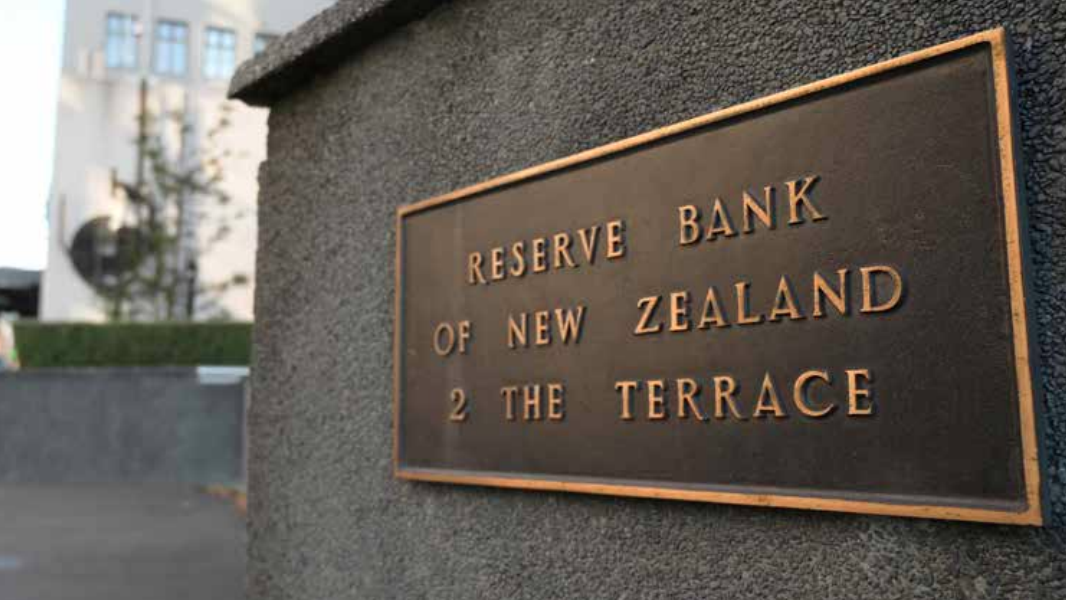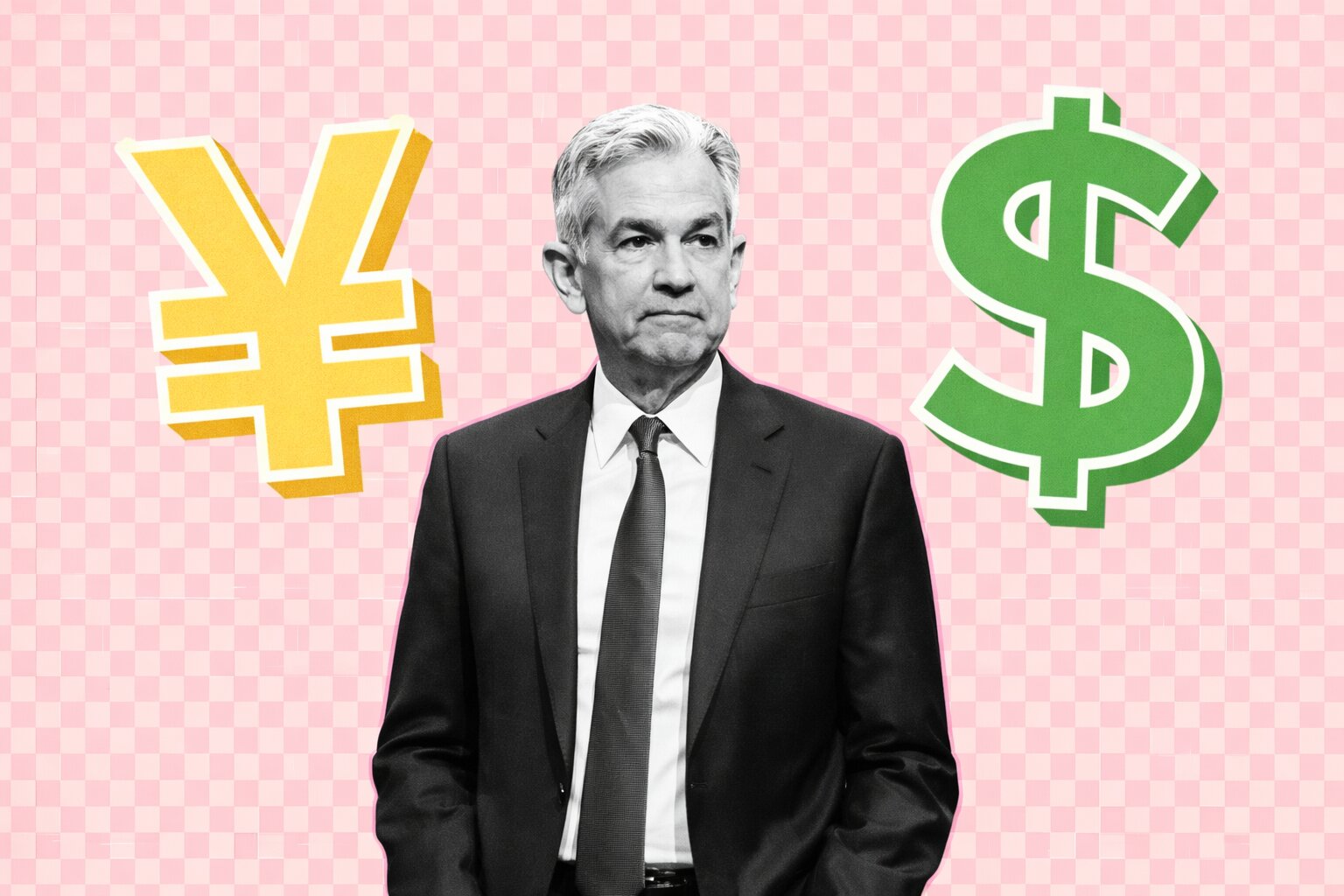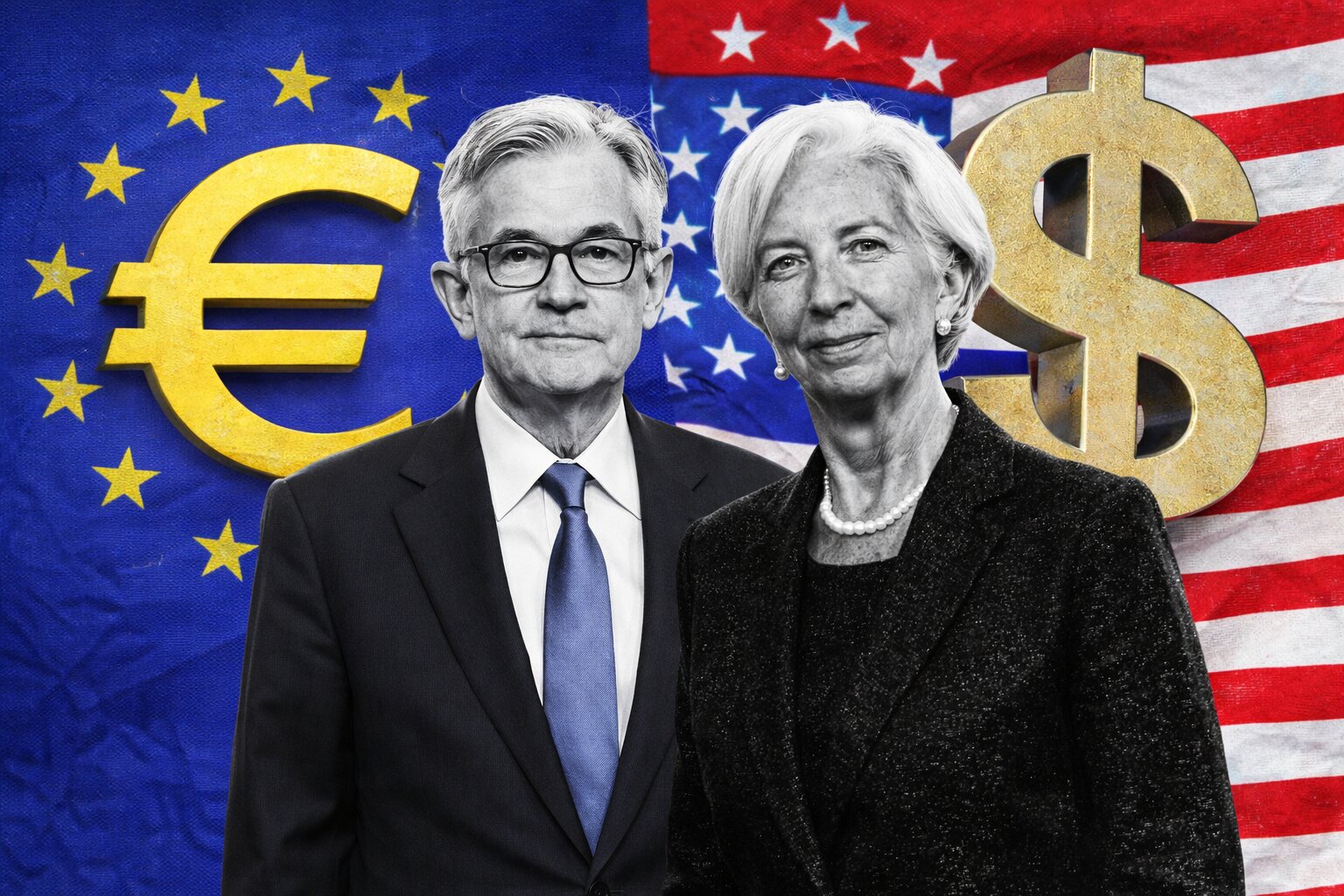
Reserve Bank of New Zealand Raises Interest Rates by 50 Basis Points in Surprise Move
RBNZ unexpectedly raises interest rates by 50 basis points, maintaining its pace of tightening to tame inflation even as the economy heads toward recession.
On Wednesday, the Reserve Bank of New Zealand (RBNZ) announced its decision to raise its benchmark cash rate by 50 basis points to 5.25%, surprising many economists who had predicted a 25-point hike. The move marks the RBNZ's 11th consecutive rate hike as it seeks to curb inflation even as the country's economy heads towards a potential recession.
The decision was driven by the RBNZ's determination to get inflation back to its 1-3% target range, which it believes is still too high and persistent. Despite signs of an economic slowdown, such as a record fall in house prices and low business confidence, the RBNZ continues to believe that demand is outpacing the economy's supply capacity, thereby maintaining pressure on annual inflation.
In its statement, the RBNZ indicated that the demand on resources needed for rebuilding after recent North Island flooding and cyclone damage is expected to add to inflation pressure more than previously assumed. The committee also discussed 25 and 50 basis-point increases, ultimately opting for the latter to help maintain current lending rates faced by businesses and households, while also supporting an increase in retail deposit rates.
While most economists had expected the OCR to be near its peak, with a 25-point move today and one more at the next review on May 24 to 5.25%, the RBNZ's decision to continue raising rates at pace underlines its commitment to reducing inflation and inflation expectations in the medium term. However, there is a risk that the economic slowdown policymakers are seeking to engineer may have come earlier than anticipated, as the economy unexpectedly contracted in the three months through December.
The RBNZ's decision is expected to have implications for the NZD/USD pair, which retreated from a seven-week high following the announcement. While the pair appears well-set to consolidate its latest pullback around the seven-week high, any negative surprises due to natural calamities at home may cause a decline. Traders will also be closely watching the RBNZ Rate Statement for further details on the central bank's next moves, with the bleak economic outlook and early signals for peak rates potentially teasing sellers despite the 0.25% rate hike announcement.
In contrast, the Commonwealth Bank of Australia (CBA) is sticking to its central scenario, which has the terminal rate at 3.85%, and expects interest rates to drop by 0.5% in the final quarter of the year, followed by another 0.5% drop over the first half of 2024. The ANZ Bank, meanwhile, predicts there are more rate rises to come and believes that inflation will prove persistent enough to require the RBA to tighten monetary policy further in the months ahead. Despite the differences in their outlooks, both banks highlight the importance of being "more data dependent" and carefully monitoring changes in the economic landscape.
Read More
-
GPIQ ETF Price Forecast: Can a 10% Yield at $52 Survive the Next Nasdaq Selloff?
09.02.2026 · TradingNEWS ArchiveStocks
-
XRP ETF Price Forecast: XRPI at $8.32, XRPR at $11.86 as $44.95M Inflows Defy BTC and ETH Outflows
09.02.2026 · TradingNEWS ArchiveCrypto
-
Natural Gas Futures Price Forecast: Will The $3.00 Floor Hold After The $7 Winter Spike?
09.02.2026 · TradingNEWS ArchiveCommodities
-
Stock Market Today: Dow Back Under 50K While S&P 500 and Nasdaq Push Higher as Gold Reclaims $5,000
09.02.2026 · TradingNEWS ArchiveMarkets
-
USD/JPY Price Forecast: Can Bulls Clear 157.5 Without Triggering a 160 Intervention Line?
09.02.2026 · TradingNEWS ArchiveForex



















